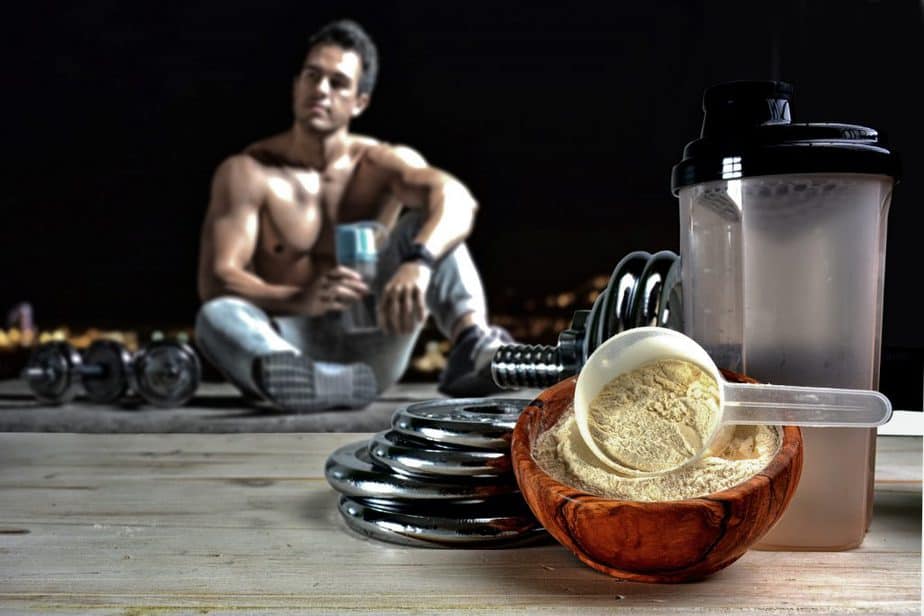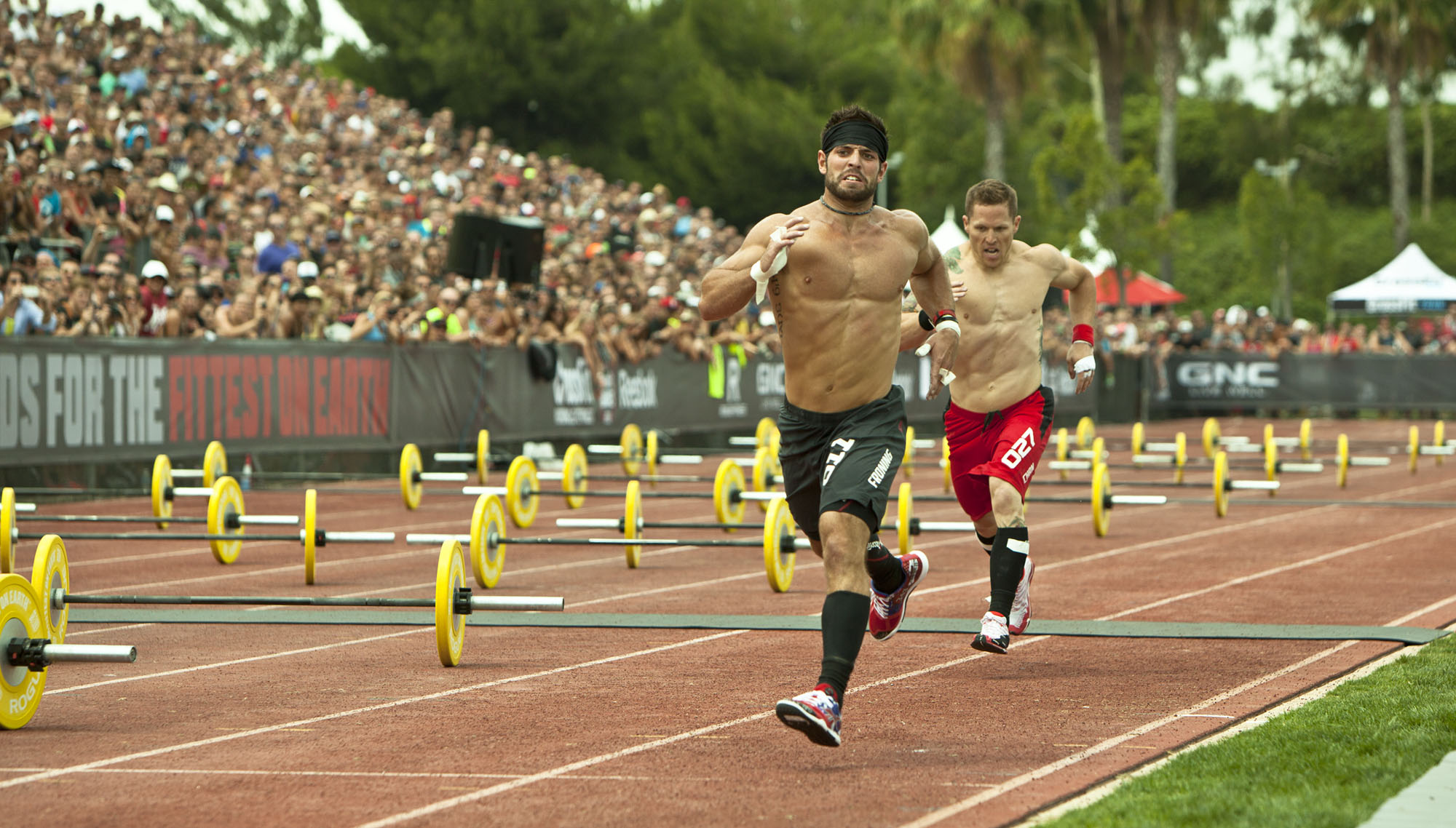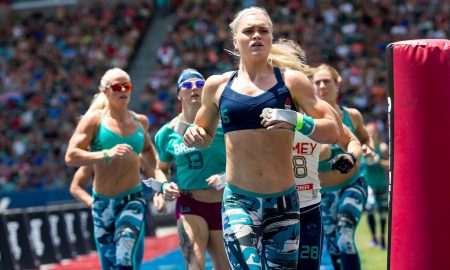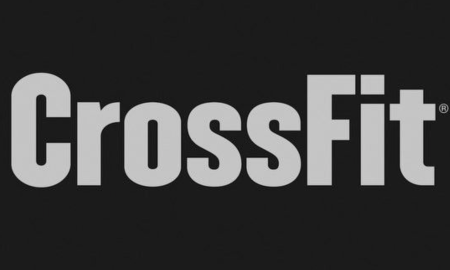
Proper supplementation combined with excellent nutrition and hydration form the backbone of a successful athlete’s lifestyle – when undertaken in conjunction with the appropriate training regime. Whether you’re new to training or someone with a long-established routine, it’s essential to understand which supplements will provide the best performance results in an optimum timeframe. Here’s the role they can play in doing just that.
Sports nutrition supplements examined
It’s not just about vitamins – though, of course, they really matter. Sports nutrition supplements cover a wide range of different topic areas such as:
-
Amino acids
-
Botanicals
-
Food tinctures
-
Plant tinctures
-
Herbs
-
Minerals
-
Vitamins.
One of the most interesting herbal supplements is a natural remedy called 7-Hydroxymitragynine. Which when taken under supervision, in low doses can have a relaxing effect on muscles and joints. This can assist with unwinding after a hard training session and help with recovery time.
In a similar vein, magnesium and calcium supplements can also have the same effect – though the former isn’t always as well tolerated by everyone. It can, however, be used in cream form, if digestion issues arise with tablets – helping to calm and soothe muscles and joints in the periods after training sessions.
What to consider when selecting a sports supplement to aid training. Well, it’s a good idea to take a look at some of the reasons you might want to add extras to a diet. Think about what needs to be improved:
-
Energy
-
Flexibility
-
Muscle mass and weight gain
-
Power
-
Training recovery
1. For energy: Supplements such as Rhodiola can help, as can creatine and/or supplements which have a little caffeine in them, to give you a boost.
2. For flexibility: Omega 3, 6, and 9 oils – or the vegan versions of these, such as flax seed, or algal oil can assist with joint and muscle flexibility as well as mental stamina and endurance.
3. For muscle mass and weight gain: Consider adding a whey protein isolate supplement – or a simple protein powder to the diet to assist with bulking up safely whilst training.
4. For power: Typically, athletes and regular trainers might take Creatine supplements to help develop their power and stamina.
5. For training recovery: Once training is complete, it’s essential to replace lost vitamins and minerals through proper hydration and a combination of magnesium, calcium, and vitamin D, along with sodium and potassium, to replace lost trace minerals.
It’s important to plan and train safely. Not everyone will need all the same supplements and nutrition to achieve their best athletic performance, and what works for one athlete may not work as well for another. Sometimes, trial and error is the only way to find out which supplements and enhancers work the best.
The key is to develop a balanced plan and attitude to athletic training and to give your head and body time to recover and rest after every session. It can be harder to recover from injuries if a body is continually pushed to its limits without being given enough time and space to heal.


















Follow Us